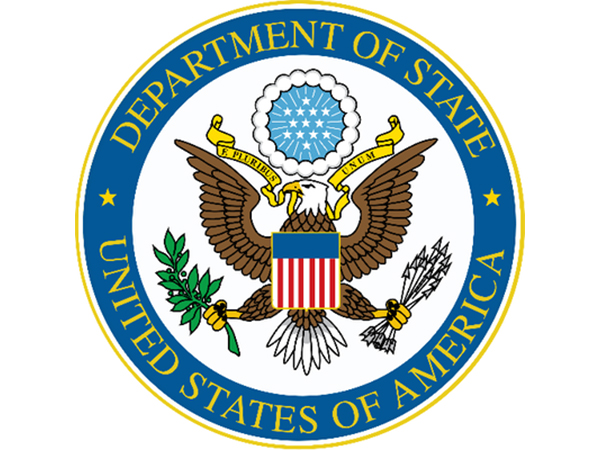Singapore, USA, Mauritius account for 61 per cent of total FDI inflow to India
Jul 28, 2022

New Delhi [India], July 28 : Singapore, the USA, and Mauritius are the top three sources of Foreign Direct Investment (FDI) equity inflows to India, and these countries together accounted for around 61 per cent of the total overseas investment in the country during the financial year 2021-22, according to government data released on Thursday.
Singapore is the biggest source of FDI equity inflow into India, accounting for 27.01 per cent of the total inflow. With 17.94 per cent of the total FDI equity inflow, United States of America is the second biggest source.
Mauritius is the third biggest source of FDI equity inflow into India accounting for 15.98 per cent of the total overseas investment.
Singapore, USA and Mauritius together account for 60.93 per cent of the total equity FDI inflow to India.
Netherland is the fourth biggest source with 7.86 per cent share followed by Switzerland with 7.31 per cent share, as per data released by the Ministry of Commerce & Industry.
As per the UNCTAD World Investment Report 2022, in its analysis of the global trends in FDI inflows, India has improved one position to 7th rank among the top 20 host economies for 2021.
India is rapidly emerging as a preferred country for foreign investments in the manufacturing sector. FDI Equity inflow in manufacturing sectors has increased by 76 per cent in FY 2021-22 ($21.34 billion) compared to the previous FY 2020-21 ($12.09 billion).
The Government has implemented several transformative reforms under the FDI policy regime across sectors such as insurance, defence, telecom, financial services, pharmaceuticals, retail trading, e-commerce, construction & development, civil aviation, manufacturing, etc.
Despite the ongoing pandemic and global developments, India received the highest annual FDI inflows of $84.83 billion in FY 2021-22 overtaking last year's FDI by $2.87 billion. Earlier, FDI inflows increased from $74.39 billion in FY 2019-20 to $81.97 billion in FY 2020-21.
The Government continues to liberalize investment restrictions, eliminate regulatory barriers, nurture international relations and improve the business environment. Changes are made in the FDI policy after having consultations with stakeholders including apex industry chambers, associations, representatives of industries/groups and other organizations. While foreign investments are permitted under the automatic route in most sectors/activities, due to strategic reasons certain investments are either restricted or permitted under the Government approval route through a screening mechanism as per the prescribed framework.
The top 5 sectors receiving the highest FDI Equity Inflow during FY 2021-22 are Computer Software & Hardware (24.60 per cent), Services Sector (Finance, Banking, Insurance, Non Fin/Business, Outsourcing, R&D, Courier, Tech. Testing and Analysis, Other) (12.13 per cent), Automobile Industry (11.89 per cent), Trading 7.72 per cent and Construction (Infrastructure) Activities (5.52 per cent).
The top 5 States receiving the highest FDI Equity Inflow during FY 2021-22 are Karnataka (37.55 per cent), Maharashtra (26.26 per cent), Delhi (13.93 per cent), Tamil Nadu (5.10 per cent) and Haryana (4.76 per cent).
The top 5 sectors receiving the highest FDI Equity Inflow during FY 2021-22 are Computer Software & Hardware (24.60 per cent), Services Sector (Fin., Banking, Insurance, Non Fin/Business, Outsourcing, R&D, Courier, Tech. Testing and Analysis, Other) (12.13 per cent), Automobile Industry (11.89 per cent), Trading 7.72 per cent and Construction (Infrastructure) Activities (5.52 per cent).
During FY 2021-22 FDI has been reported from 101 countries, whereas, it was reported from 97 countries during the previous FY 2020-21.
In India FDI up to 100 per cent is allowed in non-critical sectors through the automatic route, not requiring security clearance from the Ministry of Home Affairs (MHA). Prior government approval or security clearance from MHA is required for investments in sensitive sectors such as defence, media, telecommunication, satellites, private security agencies, civil aviation and mining, besides any investment from Pakistan and Bangladesh. All foreign investments are required to be in compliance with the applicable entry route, sectoral cap, attendant conditions, sectoral laws, Companies Act, 2013 and rules thereunder, pricing guidelines, documentation and reporting requirements.




















